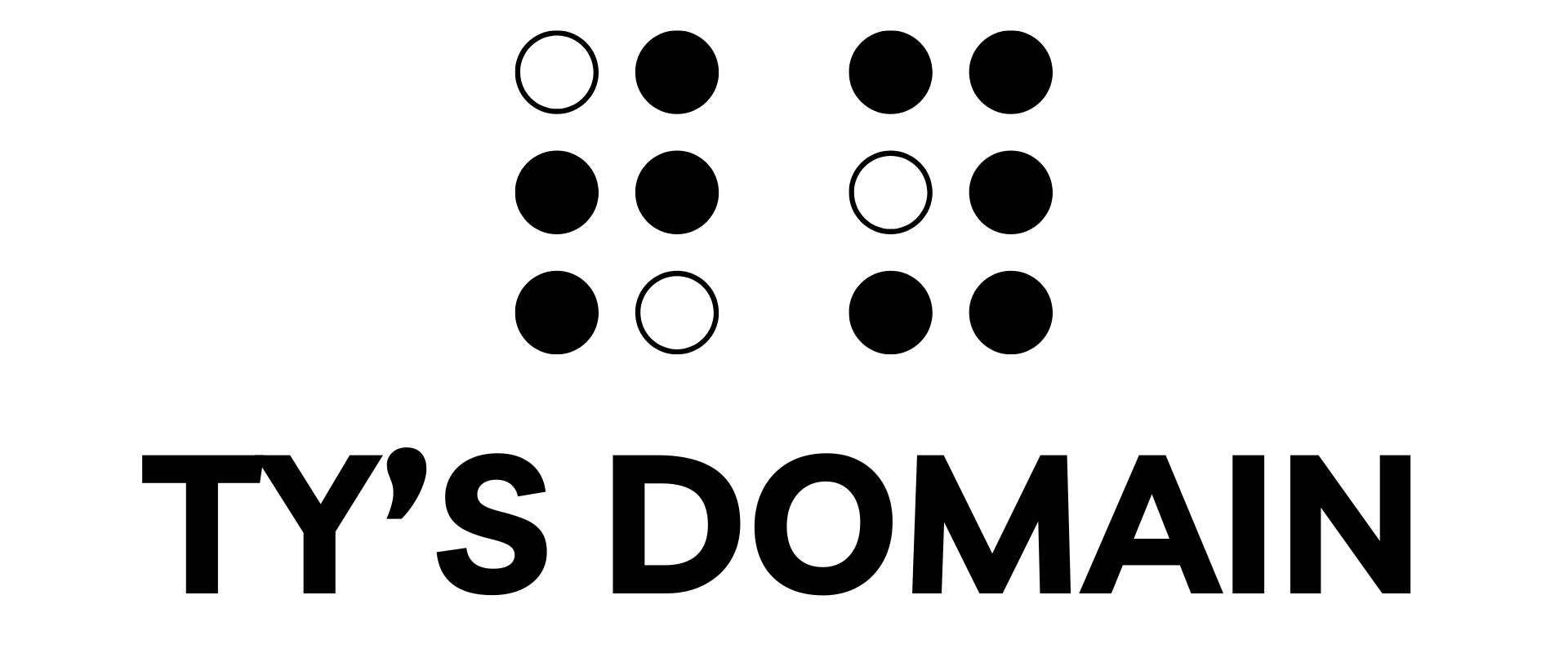As a software developer, the importance of code reviews cannot be overstated. These reviews allow a team member—or possibly several, depending on your project requirements—to scrutinize your code. This scrutiny helps spot potential issues that might have gone unnoticed, suggests possible improvements, and ensures that your code aligns with the project’s standards. In this post, I will delve into why preparing for a code review is as crucial as the review itself. Preparation is not just about refining your code; it is about valuing your coworkers’ time and fostering a culture of constructive feedback and continuous learning.
Continue reading
Stable and Predictable Python Environments with Version Pinning
Managing Python Dependencies in Your Projects
Managing Python dependencies can be challenging, especially when transitioning projects between different environments or ensuring that all team members are using the same package versions. A common tool for managing these dependencies is a requirements.txt file, which lists the necessary packages for a project. However, often this file does not specify exact package versions, leading to inconsistencies and challenging errors across various setups.
Specifying package versions is crucial to prevent unexpected changes across different environments, whether among team members, testing setups, or production systems. In a recent Django project, my requirements.txt file listed all packages but omitted their versions. Each time I fixed bugs or added features, a new Docker image was built, always pulling the latest package versions. This approach was problematic as it could introduce untested changes to the environment.
A common method to pin packages involves installing the required packages via pip, followed by running pip freeze to list all installed packages and their versions. I found this method unwieldy because it mixed direct dependencies with transitive ones, complicating the removal process when updating the requirements.txt. To streamline this, I developed a Bash script that compares the output of pip freeze to the entries in requirements.txt, focusing only on the directly used packages and not including all dependencies.
To tackle this problem, we can deploy a Bash script that pins the versions of currently installed packages to match those specified in requirements.txt. This strategy guarantees that you and your team maintain a consistent environment, accurately reflecting the setup used during development. Below, I will provide a detailed Bash script and demonstrate how it can be seamlessly integrated into your project.
